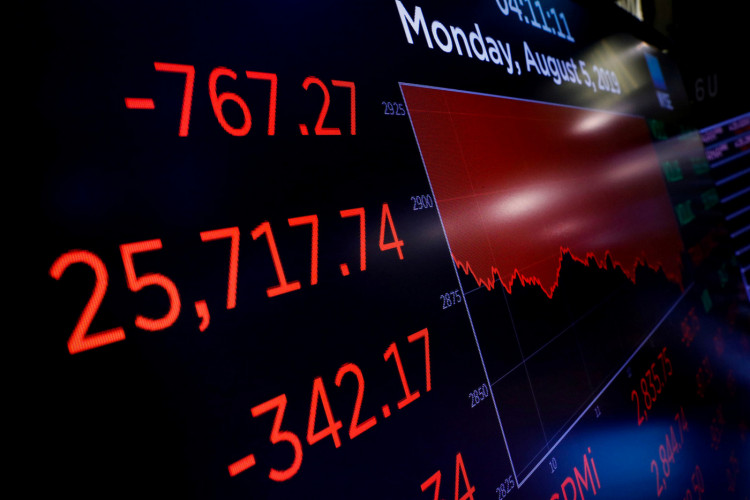The worsening trade conflict between Washington and Beijing is pushing the world economy nearer to a recession in as many years with investors demanding lawmakers and big banks to figure out a way to avert a global economic disaster.
Germany's industrial sector is the latest casualty in the Sino-US trade war. Even before things got messy between US President Donald Trump and Chinese leader Xi Jinping, Germany was already recording its biggest yearly loss in nearly 10 years.
In New Zealand, the country's central bank on Wednesday shocked investors by dropping its benchmark rate by 50 basis points, which is twice the estimated cut and dragging its currency down.
In the Asia-Pacific region, major financial institutions in Thailand, New Zealand, and India initiated unexpected cuts in interest rates as part of measures to protect their economies from global economic aftershocks.
These interest rate cuts took many investors off guard because these countries' economy has been largely healthy and stable, Prudential Financial chief market analyst Quincy Krosby, said. Last week, the United States Federal Reserve decreased its rates for the first time since 2008.
In a Bloomberg TV interview, former US Treasury Secretary Lawrence Summers noted that the risk of a nationwide economic collapse is "much higher in the US than it needs to be and much higher than it was 2 months ago." The White House economic adviser added that people can often "play with fire and not have anything untoward happen, but if you do it too much you eventually get burned."
In a more positive note, Summers still expect less than 50/50 chance the US will fall into a recession in the next 12 months. However, some market observers paint a darker picture: the difference between 10-year and 3-month treasury debt, inverted the most since 2007, point to a protracted economic weakness.
On Wall Street, the Dow Jones Industrial Average (DJIA) plunged over 500 percentage-points moments before after market's opening bell, although shares made a rebound hours later. As stocks make a retreat, investors typically turn to safe-haven assets, like gold and silver, pushing interest rates down.
While compacted labor markets and the recent shift by major bankers are expected to provide some breathing room, economists are starting to theorize on how a global economic turmoil would play out. Their collective paranoia largely revolves around the ill effects of tariffs.






